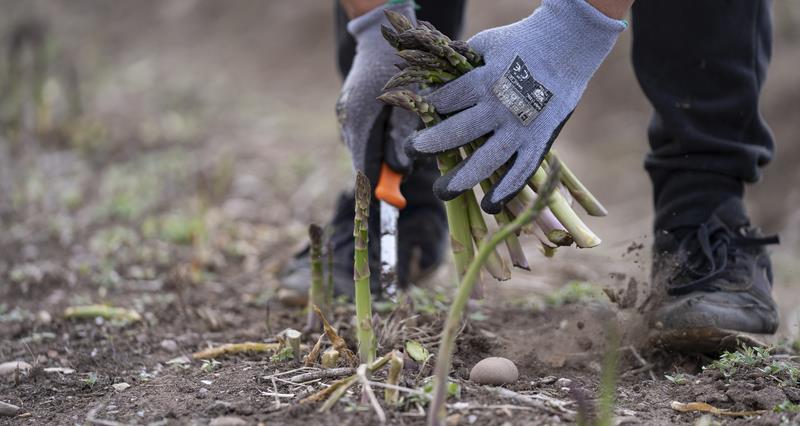The review includes the NFU request to remove the cap on the total number of seasonal agricultural worker visas and extend the length of those visas to nine months. It also suggests businesses should have the ability to directly sponsor workers and calls for greater automation with improved access to funding.
NFU Deputy President Tom Bradshaw said ensuring we had enough workers was essential to maintain domestic food security and provide British consumers with high quality, nutritious, climate-friendly food.
“Our own recent survey looking at worker shortages across the agriculture industry shows that 41% of respondents reduced the amount of food they produced due to being unable to recruit the essential workforce needed.”
He said the NFU had gathered responses from 506 members as part of a survey which looked into eight different roles which have been a challenge to fill within farming and horticulture.
Despite respondents using a variety of platforms and techniques to advertise for new employees, such as recruitment agencies, social media, word of mouth, and taking varying measures to retain and recruit, 71% of respondents said they have had difficulty in retaining workers in the past two years.
“The horticulture and poultry sectors have been severely impacted by worker shortages in recent years, and we welcome the panel’s recommendation to secure the Seasonal Workers Scheme beyond 2024,” said Tom.
“We have been calling for a long-term 5-year rolling scheme to guarantee businesses have the certainty they need to continue producing food.”
Just under a quarter of respondents said that they were increasing automation on farm to minimise the impact of labour shortages on their business, but automation still has a long way to go before it can replace labour completely.
One grower who participated in the survey explained how despite having looked at automation to minimise the impact of the shortages “the technology is not there, so we are still heavily reliant on human labour, especially in the field”.



